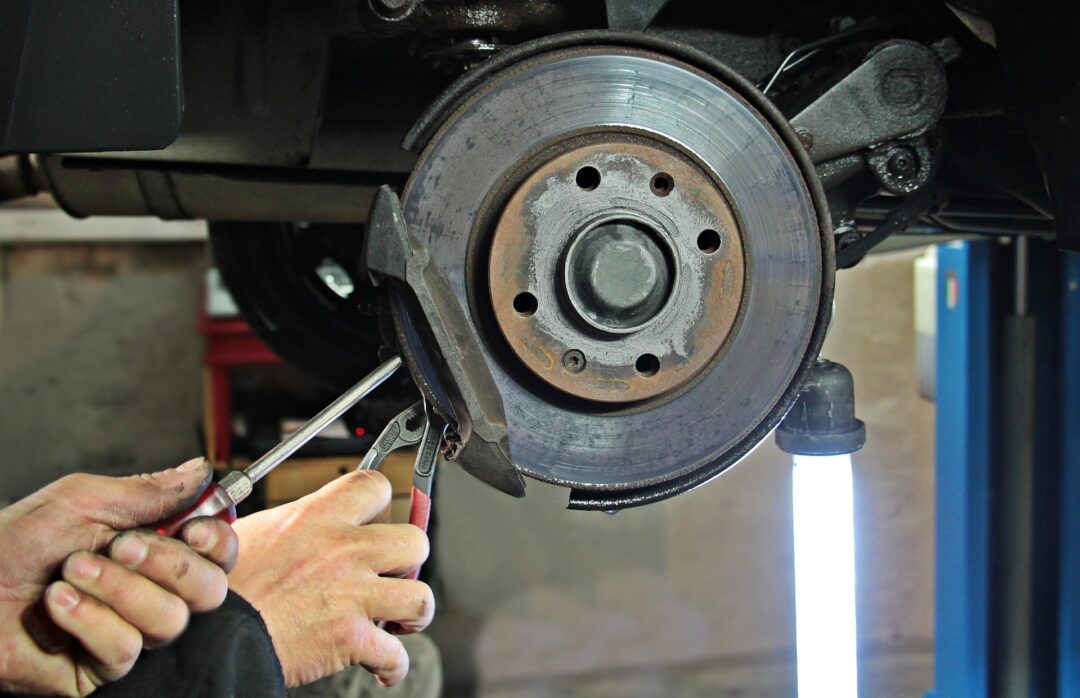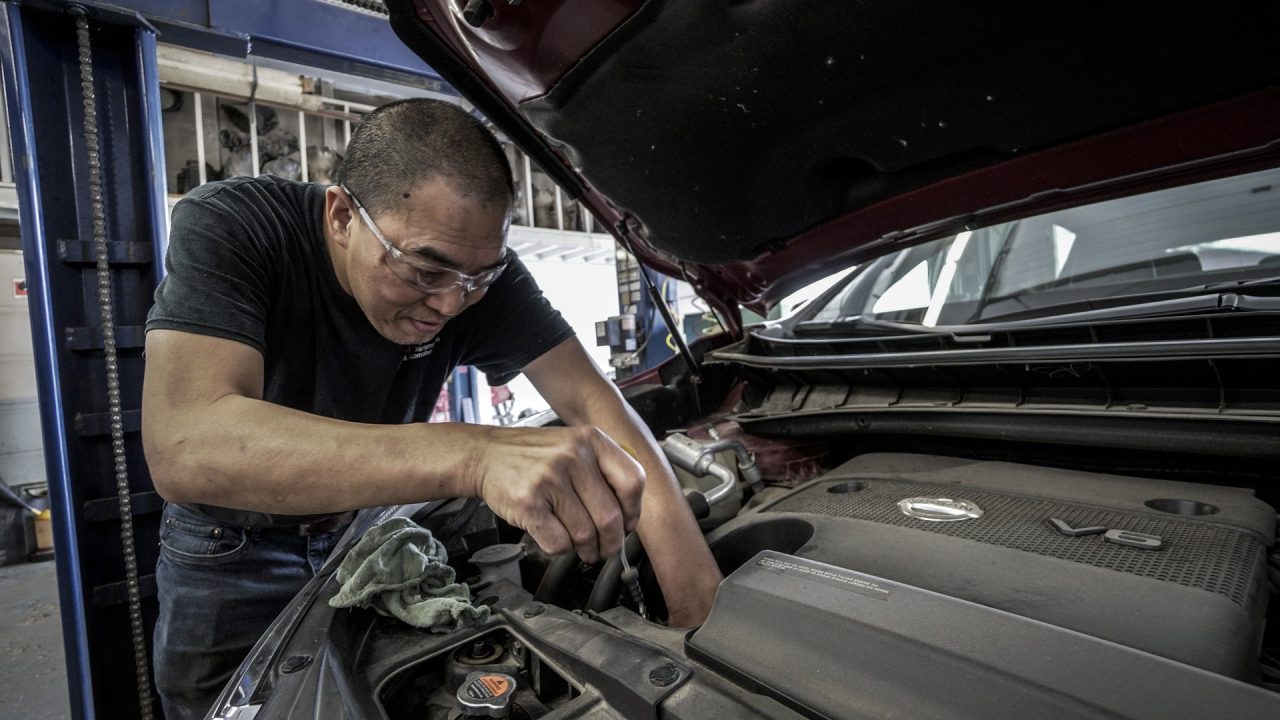It’s a common occurrence among drivers: the dreaded check engine light. While this visual indicator may not always show significant problems, it’s important to resolve issues quickly.
A shop specializing in auto repair midland tx can diagnose, give estimates on, and solve engine problems. However, if you’d like to gain an understanding of the issue, here are the most common reasons your car’s check engine light might come on.
Table of Contents
A Loose Gas Cap
The cap, along with lines inside the tank, make up a system that recycles fuel vapor and keeps it out of surrounding areas. A broken or loose gas cap can create emissions that lead to the engine warning light coming on. Additionally, loose caps may indicate premature fuel evaporation. By addressing this issue early on, you’ll find out why the light is on—and you’ll save money on fuel.

Oxygen Sensors
The catalytic converter is a vital part of an automotive emissions system that converts carbon monoxide into carbon dioxide. Catalytic converter issues will cause the check engine light to come on, and they can also decrease fuel economy and vehicle performance if left unresolved. Visit a local repair shop for catalytic converter maintenance and repair.
MAF Sensor
The MAF or mass airflow sensor is a component that measures the amount of air coming into a vehicle’s engine. It’s a crucial part of the emissions system and it, in part, determines how much fuel the engine gets. A faulty MAF sensor won’t just turn on the check engine light; it also contributes to rough idling, reduced efficiency, and acceleration issues. An automotive repair technician can replace these sensors and get your vehicle running great.
A Failing Battery
A car’s battery serves an essential purpose: it powers thousands of electrical parts. While today’s batteries last longer than those made in the past, they still encounter issues that cause the engine warning light to come on. If a battery isn’t providing enough power, it may trigger electrical failures that decrease performance or keep the vehicle from starting.
My Check Engine Light Came On. What Should I Do?
When the light comes on, prompt action will keep a small problem from turning into a big and expensive one. Engine warning lights come on for various reasons, and not all are serious. Here are a few simple checks that may get you back behind the wheel.
- Check the fuel cap. A loose cap can affect emissions controls, causing the light to come on. Screw the cap on tightly or replace it if needed.
- Read maintenance records. Has your car been serviced recently? Call the shop to find the source of the engine warning light—the fix could be as simple as disconnecting the battery and resetting the ECU (engine control unit).
While it’s not always a simple fix, checking for abnormalities can help you find out whether the light indicates a widespread issue. If anything seems amiss and you can’t determine the source of the problem, bring your vehicle in for service.






